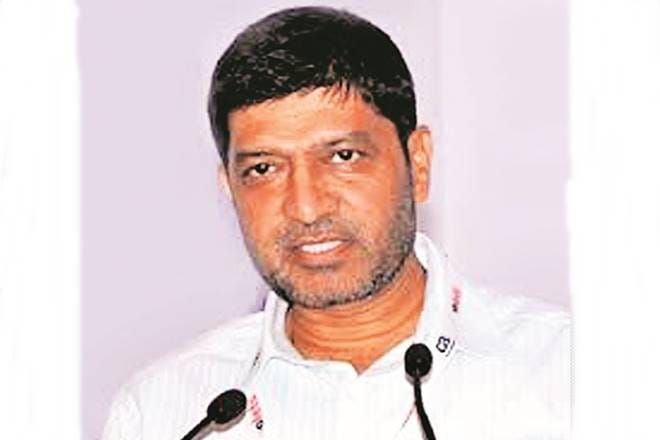An Ashok Dalwai-led panel submitted the much-talked-about report on doubling farmers’ income (DFI) to the government in September. The Centre has now asked the committee to oversee how the suggestions are implemented. Dalwai, a trained agriculture economist and also a serving bureaucrat (he is currently CEO of the Rainfed Area Authority of India), spoke to FE on how the panel’s recommendations could be implemented in a time-bound manner. Excerpts:
Tell us about the progress on implementation of your proposals on how farmers’ income could be doubled.
The target is to double farmers’ income by 2022 (from the 2016 level). Many suggestions related to post-harvested management such as monetisation of farmers’ produce, strengthening and reforming the wholesale agriculture market and linking up with world trade are being implemented. In the 2018 Budget, the government had announced the setting up of 22,000 rural markets (GRAMs). Several states have adopted the new APMC Act as drafted by the Centre, reforms are being undertaken by states like establishment of private mandis and de-regulation of sales of fruits and vegetables.
The government has also adopted an agriculture export policy with a target of doubling shipments in value terms to $60 billion by 2022. Also, ‘Operation Green’ has been announced for tomato, onion and potato crops. A micro-irrigation fund of Rs 5,000 crore, already set up under Nabard, was also one of our recommendations.
READ ALSO: Flipkart’s Sachin Bansal books $21 million ride in Ola
In Maharashtra, the mandis in the private sector, though allowed, have not taken off as the existing APMCs are deep rooted in villages. The private mandis are not able to compete.
Our model law also allows private mandis. Maharashtra and a few others have issued licences for mandis in the private sector. It will take some time before these private markets increase their number and mature. When that happens, there will be competition and the benefits will go to farmers.
Is there any change as farmers’ distress has been talked about by all?
The basic changes that we suggested have the objective of taking agriculture from a production-centric to an income-centric approach. When you talk about a green or white revolution, you are talking only about increasing the production. The challenge now is not production as much as income transfer. Farmers are now asking for higher income compared to manufacturing. So, we said there should be a paradigm shift — treat agriculture as agri-enterprise and farmers as agri-enterpreneurs. When that happens, farmers will start looking at what investment is to be made, they will calculate what returns they will get and what is the net profit. The focus is how to reduce cost of cultivation, increase productivity and how they can capture better prices in the market.
READ ALSO: CPI inflation falls to 18-month low; declines to 2.19% in December
What are the specific steps needed to achieve this?
States will have a bigger role. We said the market’s role has to be redefined in terms of both territorial and functional jurisdictions. It is time to take the agriculture produce to the industry as raw material and not just see it as basic food and fodder. The focus until now was food and fodder security. We have asked for liberalisation of agriculture and linking it with agro industry. This will lead to increase in demand and ultimately provide better price to farmers. We feel the mandate of agriculture is productive employment and gainful income for the farmers.
Any reform has got a certain pace, because legislation, in most cases, is involved. Legislature has its own time-taking process. But the fact that many states are already working on it (market reform) proves that they are interested. Even if there is an initial time lag, once they are on board, the effect will be very visible.
READ ALSO: Reality check: 10% quota for economically weaker section, but govt job vacancies shrinking, shows DoPT data
We need to accelerate the pace of change, I agree. Over the next three-four years, we are hopeful that we will achieve the target. The same DFI committee has been empowered to monitor and see that these suggestions are implemented. We will work with state governments too as the ultimate transformation has to be carried out there.
